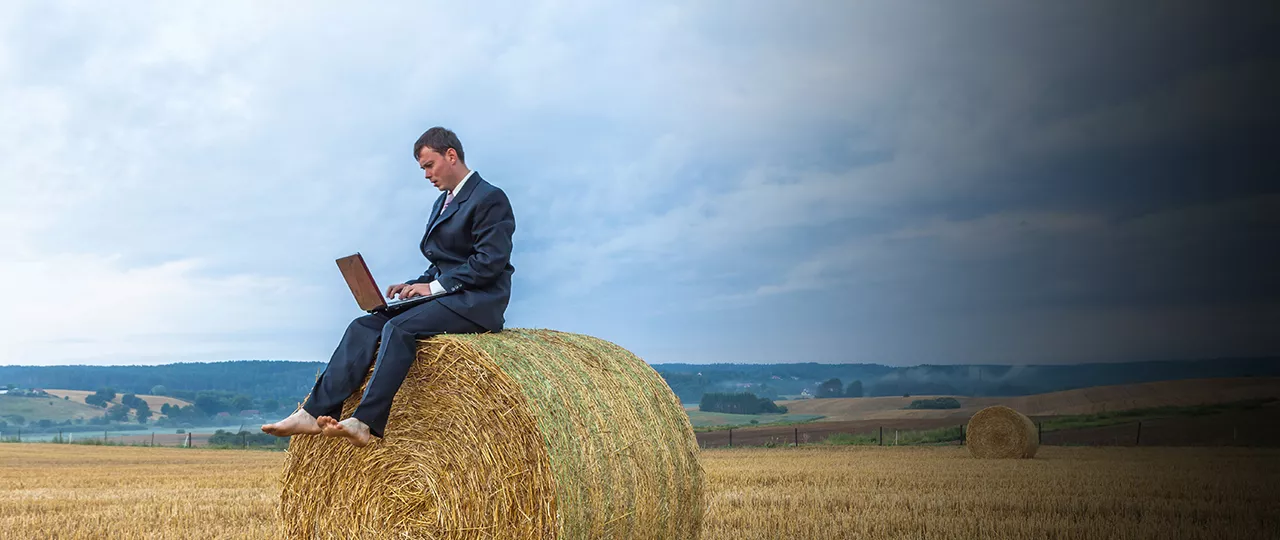
Nick Bramley
Senior Director, North East


Senior Director, North East
Rural businesses, including farmers who have diversified, have been among the hardest hit by the first revaluation for more than seven years, which saw draft Rateable Values announced last autumn.
The Valuation Office Agency’s own figures show, for example, that livestock markets are facing an average increase in values of 86%, while for self-catering holiday cottages the average hike could be 44.9%.
Mr Hammond’s first reference to the problem was a promise that the government would reform the revaluation process so it is smoother and happens more frequently.
But he also announced a package of three measures which he suggested would address the concerns raised in recent months about business rate rises.
In terms of how much these concessions will help rural businesses, much will depend on how the discretionary fund is carved up between local authorities and the criteria set for businesses to qualify for this additional relief.
Although £300m is a large sum of money, once shared across the country, the amount on offer could be limited. The scheme will presumably also take some time to set up, meaning businesses are still facing paying their higher bills from 1 April.
The discount for rural pubs sounds like good news, but there is a question of whether it might have been more beneficial to target fewer businesses with a higher level of discount, rather than offering an estimated 90% of pubs a fairly inconsequential discount.
From a business planning point of view, the announcement that the government is considering introducing more frequent revaluations is positive.
One of the reasons the current revaluations have generated such outcry is that steep increases in rates every five-or-so years are difficult to manage.
However, the downside is that if rates increase little and often it could mean that businesses end up paying more in the long-term.
But overall, reform for business rates is long overdue to make the process fairer. The Valuation Office would undoubtedly benefit from increased resources in order to enable it to effectively undertake more frequent revaluations that have been proposed.
So the commitment to a timescale for a preferred approach and the consultation is certainly encouraging and should provide some comfort for the industry that it is in hand, although it is currently unclear as to whether any changes to the system will be in place by the 2022 rating list.
Other announcements in the budget that will affect farmers and rural businesses: